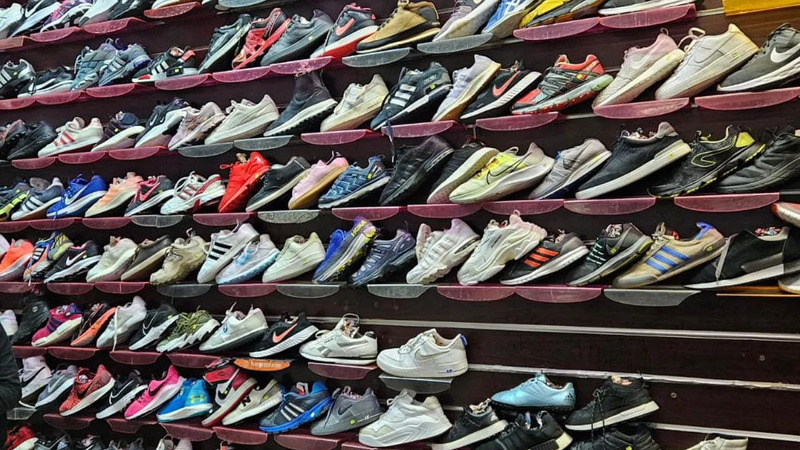Counterfeit luxury products are becoming increasingly sophisticated, making it difficult even for experienced shoppers to distinguish them from the real thing.
Michael Zahariev, co-founder of Luxity, a luxury reseller and authenticator, explains that many of these counterfeit items, known as “superfakes,” are crafted with remarkable precision.
Zahariev points out that 68% of consumers have been tricked into buying fake goods, with 39% of these purchases occurring through online platforms and another 39% via social media, according to a survey by Michigan State University.
In South Africa, WhatsApp has become a popular tool for counterfeiters to reach unsuspecting buyers.
Additionally, counterfeiters are increasingly using advanced technologies, such as generative AI, to create fake positive reviews and misleading product images, making it harder for consumers to identify fraudulent items.
Zahariev advises shoppers to be cautious of deals that seem too good to be true, as counterfeit products are often sold at a fraction of the original price, sometimes as high as 80%.
He also warns against sellers who don’t offer returns, lack a physical address, and primarily operate through WhatsApp or social media.
To avoid falling victim to scams, Zahariev recommends buying directly from the brand or a trusted reseller, even if it means paying more for the assurance of authenticity.

For comments, Feedback and Opinions do get in touch with our editor on WhatsApp: +44 7949 297606.
